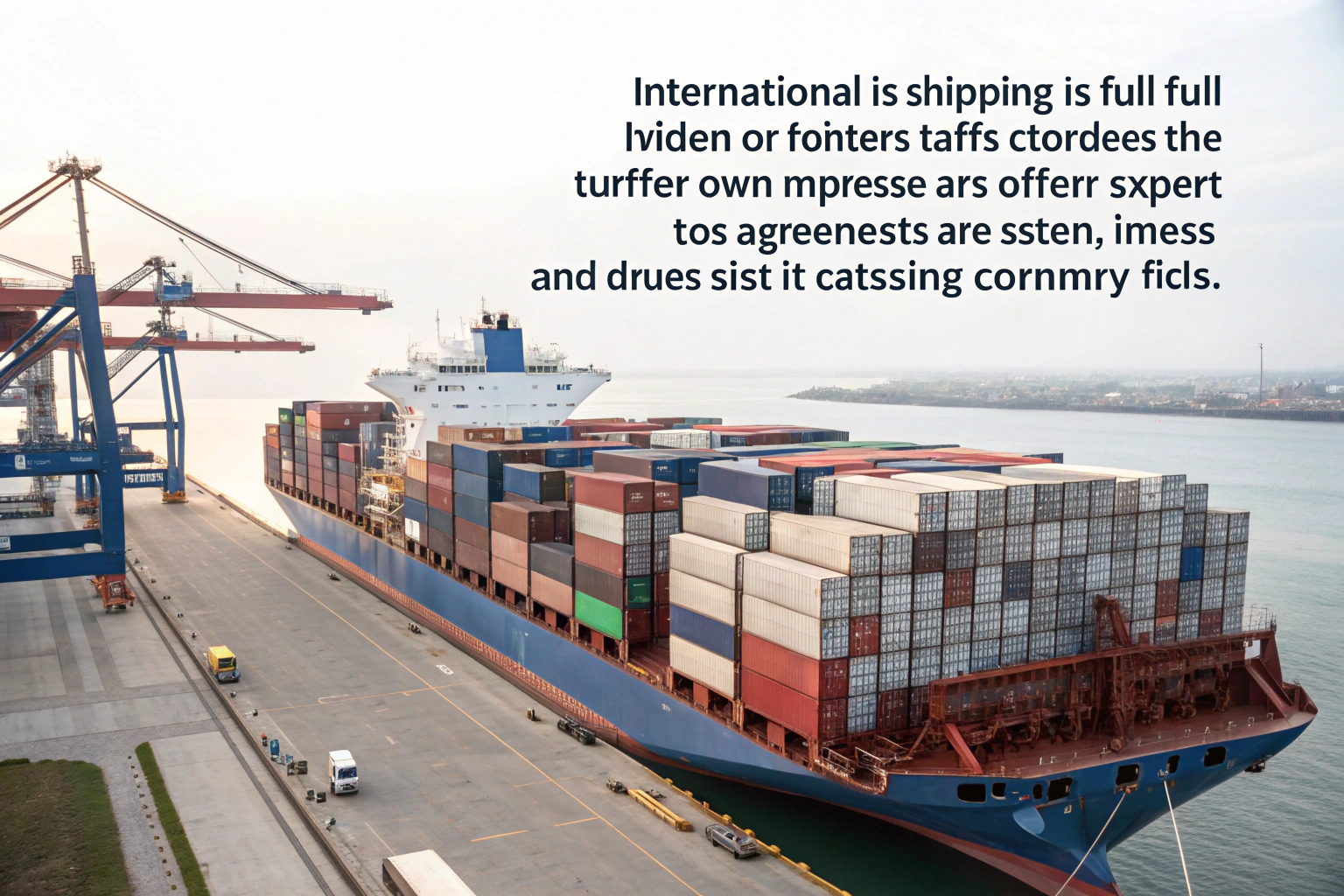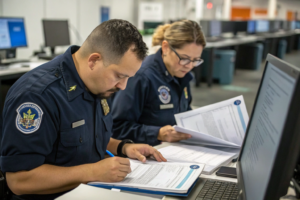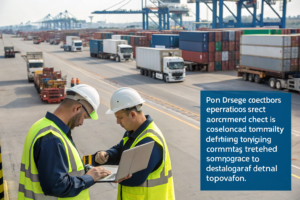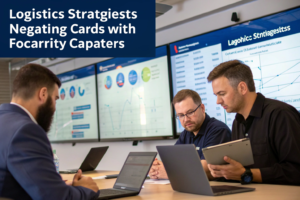International shipping is full of hidden costs, and tariffs are often the biggest source of surprise for businesses. You might be wondering why tariff handling is so complicated. The reason is that every country has its own classification system, tax rules, and trade agreements. Without expert guidance, businesses risk overpaying or facing delays at customs.
Freight forwarders optimize tariff handling by classifying products correctly, monitoring global tariff changes, and using trade agreements to reduce costs. What needs to be emphasized here is that their experience and networks prevent mistakes that can harm profits.
Let’s take a moment to think this through together: when tariffs are managed efficiently, supply chains become smoother, pricing stays competitive, and clients feel more secure about international trade.
Why Are Tariffs So Complex in Global Trade?
If you have ever asked yourself, “Why are tariffs so difficult to understand?” you are not alone. Every importer and exporter faces the same challenge: tariff systems are detailed, and missteps can be costly.
Tariffs are complex because they are based on product classifications, trade policies, and country-specific tax laws. What needs to be emphasized here is that freight forwarders act as translators who help businesses navigate these rules.

What role do HS codes play in tariff handling?
You might be wondering why HS codes matter so much. The Harmonized System is the global standard for product classification. Each product receives a specific code that determines duty rates. According to the World Customs Organization, using the wrong HS code can cause penalties. Freight forwarders help businesses classify goods accurately to avoid overpayment.
How do trade agreements influence tariff costs?
Let’s take a moment to think this through together. Trade agreements like NAFTA (now USMCA) or EU free trade deals can lower or eliminate tariffs for certain products. You might be wondering what this means for your business—it means real opportunities to cut costs if you know how to apply them. Freight forwarders stay updated on agreements to help clients take advantage of these opportunities.
How Do Freight Forwarders Classify Products Correctly?
Product classification is one of the trickiest parts of international trade. You might be wondering, “How do forwarders ensure the codes are correct?”
Freight forwarders classify products by analyzing product descriptions, consulting customs databases, and using compliance software. What needs to be emphasized here is that correct classification avoids unnecessary costs and delays.
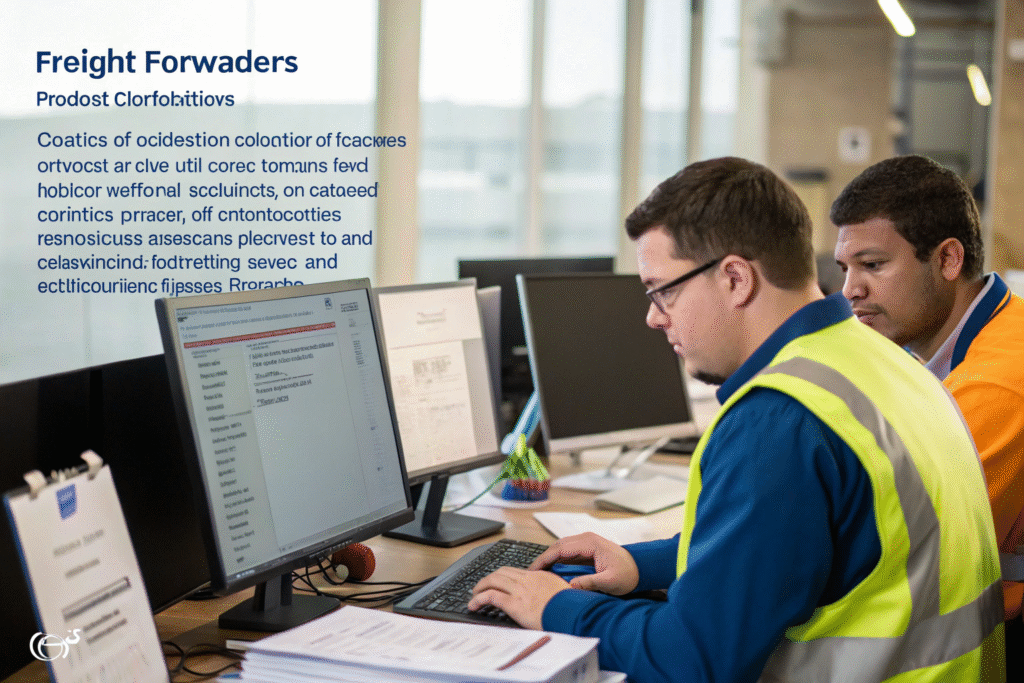
Why do documentation details matter?
Let’s think this through together. If the description on an invoice does not match the HS code, customs may stop the shipment. Resources such as the U.S. International Trade Commission Tariff Database help confirm correct coding. You might be wondering how forwarders handle this—they double-check every detail before submission.
Can software improve classification accuracy?
You might be wondering if technology can replace human expertise. The answer is both yes and no. Platforms like Descartes CustomsInfo and SAP Global Trade Services make classification faster. But let’s take a moment to think this through together: human judgment is still critical when codes are ambiguous. This mix of tech and expertise ensures reliability.
How Do Forwarders Manage Tariff Changes and Updates?
You might be wondering, “How do forwarders keep up with all the tariff changes?” The truth is, trade rules evolve constantly due to politics, trade wars, or new agreements.
Freight forwarders monitor global tariff updates through official sources, industry networks, and compliance alerts. What needs to be emphasized here is that staying informed protects clients from unexpected costs.
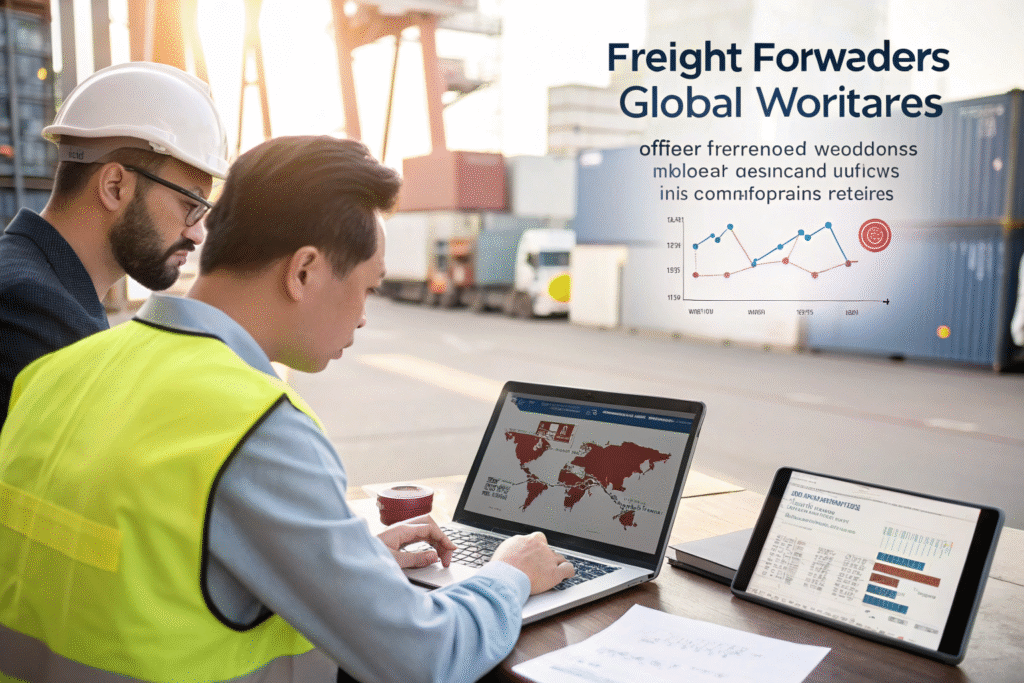
How often do tariff rules change?
Let’s take a moment to reflect. Tariff changes can happen overnight. For example, during the U.S.–China trade conflict, duty rates shifted multiple times in a single year. Sites like the World Trade Organization and International Trade Administration publish frequent updates. You might be wondering how forwarders respond—they adjust shipping strategies to match the new rules immediately.
Do forwarders provide proactive tariff advice?
You might be wondering if forwarders only react after changes occur. Experienced forwarders like GeeseCargo take a proactive role, advising clients before rules shift. Let’s think this through together: by warning businesses early, forwarders give them time to adjust pricing or reroute cargo. This makes the difference between profit and loss.
How Does Optimized Tariff Handling Save Money?
At this point, you might be asking, “What’s the real benefit of optimized tariff handling?” The answer is simple: money saved and stress reduced.
Optimized tariff handling lowers costs by preventing overpayment, reducing penalties, and speeding up customs clearance. What needs to be emphasized here is that these savings improve profit margins and strengthen business competitiveness.

How do accurate tariffs improve profitability?
Let’s take a moment to think this through together. Every extra dollar spent on tariffs reduces profit margins. By classifying products correctly and applying trade agreements, forwarders prevent overcharges. According to Global Trade Atlas, businesses that manage tariffs strategically gain stronger pricing power.
Why does faster clearance save money?
You might be wondering what speed has to do with tariffs. Faster clearance reduces port storage fees, demurrage charges, and delays in customer delivery. Let’s think this through together: forwarders with direct port contacts, like GeeseCargo, ensure shipments clear smoothly. This efficiency means fewer hidden costs and happier clients.
Conclusion
Let’s take a moment to reflect together: tariffs may seem like a small part of global shipping, but they have a huge impact on cost and efficiency. Without expert handling, businesses risk overpaying and slowing down their supply chains.
Freight forwarders optimize tariff handling through accurate classification, proactive monitoring, and smart use of trade agreements. What needs to be emphasized here is that with the right partner, tariff management becomes a competitive advantage instead of a burden.
By working with GeeseCargo, you gain not only cost savings but also peace of mind that your cargo moves smoothly across borders with no tariff surprises.
